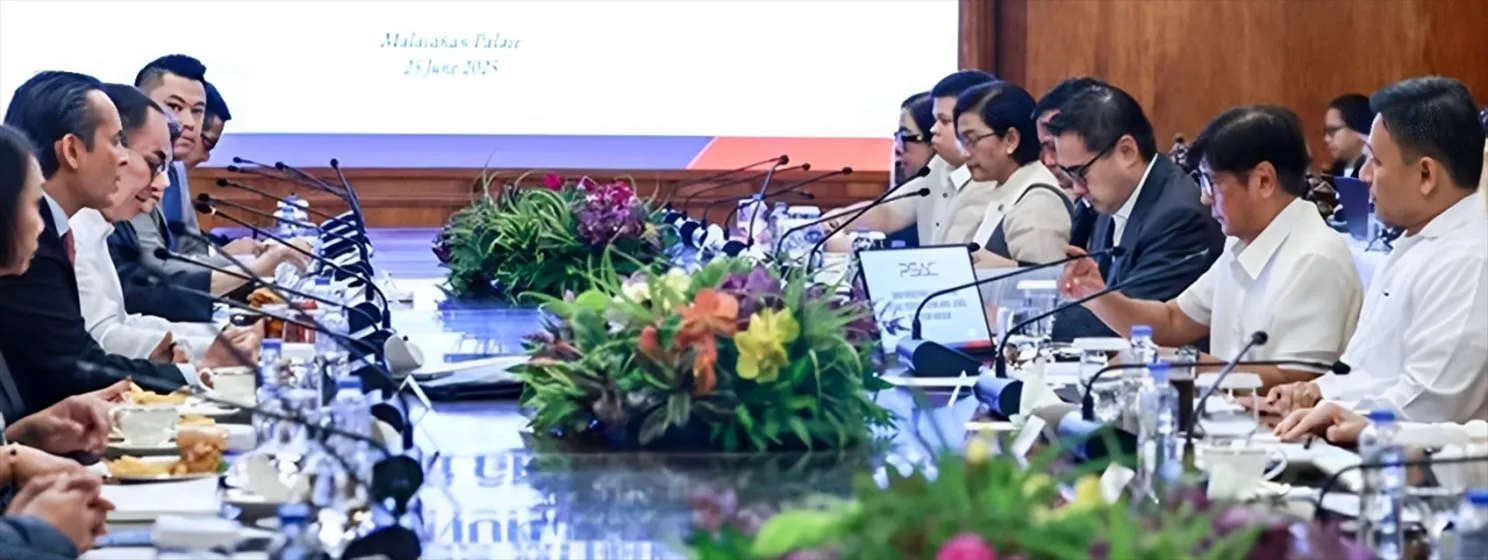|
Getting your Trinity Audio player ready...
|
The cryptocurrency industry has caught the eye of many policy-making bodies across the globe. While some remain against the innovative currency, others have started developing binding policies that will regulate the cryptocurrency sector.
The Group of 20 (G20) forum, consisting of finance ministers and central bank governors (FATF) from the European Union (EU) and 19 of the world’s largest economics, is the most recent policy-making that has turned its attention to cryptocurrency. During its meeting in Buenos Aires, the G20 forum set out plans to put the cryptocurrency sector under anti-money laundering (AML) standards. Through the different bodies working under the G20 forum, the members agreed to apply anti-money laundering regulatory standards by October this year.
“While crypto-assets do not at this point pose a global financial stability risk, we remain vigilant,” the G20 said in a statement. “Crypto-assets… raise issues with respect to consumer and investor protection, market integrity, tax evasion, money laundering and terrorist financing. Crypto-assets lack the key attributes of sovereign currencies.”
The forum specifically called on its watchdog, the Financial Stability Board (FSB), and other standard setting bodies (SSBs) regulators “to monitor the potential risks of crypto-assets” as well as “to assess multilateral responses as needed.”
The FSB has already outlined a number of metrics to monitor virtual currencies, focusing on the development and dimensions of volatility of several of the crypto coins.
Meanwhile, the FATF is also putting in place binding measures for crypto exchanges around the world. Consisting of 37 member nations, the FATF is tasked with fighting money laundering and terrorism financing.
“We reiterate our March commitments related to the implementation of the FATF standards and we ask the FATF to clarify in October 2018 how its standards apply to crypto-assets,” the G20 forum declared.
For its part, the International Organization of Securities Commissions (IOSCO) has established a Consultation Network to help understand how ICOs work. Furthermore, the IOSCO aims to help investors with a support framework explaining the impact of initial coin offerings (ICOs) on local investors.

 07-02-2025
07-02-2025 





